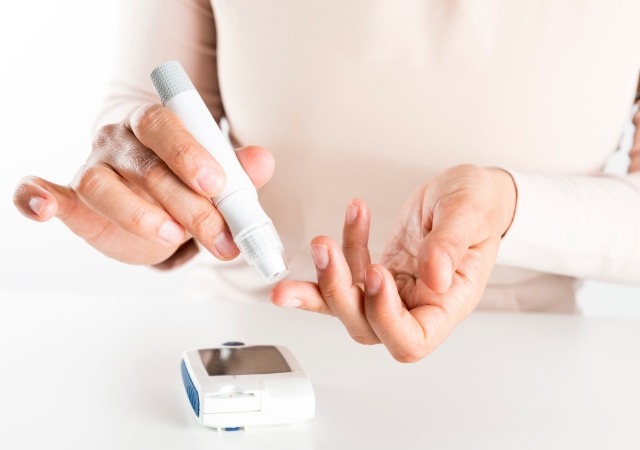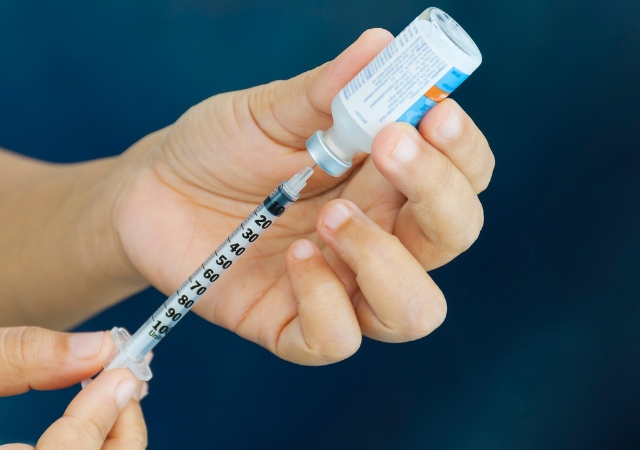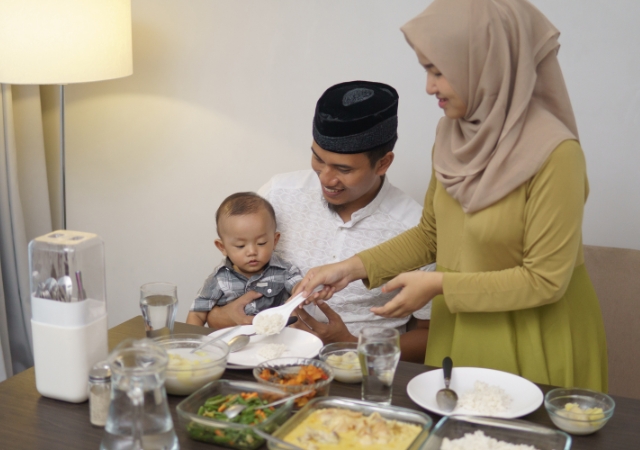For anyone living with diabetes, it should come as no surprise that some times of the year are harder than others. Those who have diabetes and observe Ramadan, though, can find themselves dealing with a pretty serious struggle. Ramadan takes place in 2023 from Wednesday, 22nd March, for 29 to 30 days.
Managing your diabetes and Ramadan can be a significant challenge, and it can be tough to stay 100% on the path whilst dealing with diabetes. At the same time, though, it would be very important for those observing Ramadan while having diabetes to understand how to minimise the risks.
The challenges that Ramadan brings to the table can make it pretty tough to come through the process for most normal observers. Given the health risks of not taking diabetes seriously, though, Ramadan becomes even more challenging for those with the condition.
If you want to try and simplify this complex process, here are some useful pieces of information you can use to control your battle with diabetes during Ramadan better.
Do Diabetics Need to Fast During Ramadan?

So, the first question revolves around fasting during Ramadan if you have diabetes. This has been a topic covered at length before, including by Diabetes.org.uk.
As they note, fasting is a part of the month of Ramadan – you are expected to fast from sunrise to sunset. However, Ramadan does make concessions for those with medical conditions – could this include diabetes?
This is often a personal decision. Those who feel like they have total control over their diabetes, or suffer from a mild form of the condition, might still wish to take on the challenge. Those with more severe forms of diabetes, though, should consider how fasting may put them at risk.
The best thing to do is to speak with your doctor. Find out what they believe in terms of your condition and your faith. They might find that your diabetes is controllable enough that you could still fast and thrive.
For those who are given the advice to consider not fasting, though, it would be wise to take this advice seriously. Fasting can be a scary experience for diabetics and can exasperate your condition.
If a medical professional advises that you do not fast during Ramadan, it is important to consider their insight. You are not letting anyone down or failing to observe your faith: the Qur’an clarifies that exceptions do exist. Fasting during Ramadan is not a one-size-fits-all process.
Planning to Fast During Ramadan as a Diabetic
If you do decide to press ahead and fast, then you should do everything that you can to prepare for the challenge that you are going to face up against. First and foremost, you should look to come up with a clear plan that ensures that you do the following:
Take Regular Blood Sugar Measurements

One of the first important changes to your diabetic management during Ramadan fasting will be your blood sugar checks. You will carry out these checks regularly, but checking your blood sugar levels on a more frequent basis during Ramadan is essential. Make sure that you are given enough test strips by your healthcare team to make sure that you can more frequently take a look at your blood sugar.
If your blood sugars are too high or too low, you cannot continue to fast for that day. You can try and fast as often as you can manage, but if your blood sugar levels are changing dangerously, you should break your fast.
Have Your Diabetes Tablets Double-Checked

Most people will be on diabetes tablets that they take alongside their insulin injections. That being the case, you should ensure that you have your diabetes tablets reviewed by your healthcare team. This is important because they might need to change your dosage or the type of tablets you take during Ramadan.
They can also devise a plan to ensure that you take your diabetes tablets at the correct times to counteract the fact that you are fasting. This can make it easier to keep fasting during Ramadan.
Have Your Insulin Adjusted

Most diabetics fasting during Ramadan will need to have their insulin levels changed. Before you start your fast, you will likely need less insulin than you are used to taking.
However, you might also need to change to a different form of insulin during this crucial part of the year. Pre-mixed insulin, for example, is not recommended for fasting people – especially during Ramadan.
Changing What You Eat During Suhoor
The meal you will eat before dawn is vital to ensuring you can observe Ramadan safely and without putting your health at risk. You should not skip this meal, but you should look to eat something that is slowly absorbed into your body.
For example, a high-fiber meal with plenty of eats or brown rice will be a good way to eat a highly absorbent, slow-releasing meal.

You might also want to add in some extra protein, which could come in the form of chickpeas and/or beans. Make sure you increase your water intake, too; drink as much sugar-free and decaffeinated liquid as possible to stop dehydration from causing issues during the day.
Adjust Your Meals During Iftar
When it comes time to break your fast, you should be looking for something that can provide you with the right blend of carbohydrates and fiber. Dates are the most common choice for breaking your fast, but you should limit yourself to one date instead of two larger dates – most eat two large dates, but having one with a glass of water would be a good idea for diabetics.

Keep your sugar content down as low as you can, so avoid fruit juices and soft drinks as much as you can. Stick to glasses of water where possible. If you want a drink that is not water, look for something like an unsweetened milk drink.
Avoid fried and oily food where you can, too; it might be boring to stick to things like a small helping of dates, but you need to take your health very seriously when fasting during Ramadan.
Making the Right Decision
Remember, managing your diabetes during Ramadan is a challenge that makes an already difficult process even tougher. You should therefore focus heavily on whether or not fasting is right for you.
If you decide to fast, keep the above guidelines and ideas in mind. If you do decide to avoid fasting, you can still do other things to help out during Ramadan. For example, you could give up more of your time and energy to local charitable and religious causes.
You could donate some of your food to the needy. There are many ways to enjoy Ramadan as a diabetic without fasting., You can still observe this crucial part of your culture without fasting.
Remember that come the end of Ramadan and the beginning of Eid al-Fitr, you will be given many options for rich foods; make sure you retain your discipline, stay on top of your blood sugar levels, and take your medicine as you are supposed to.
Keep these ideas in mind, and you should find that being diabetic during Ramadan is no longer the severe issue it once seemed.





